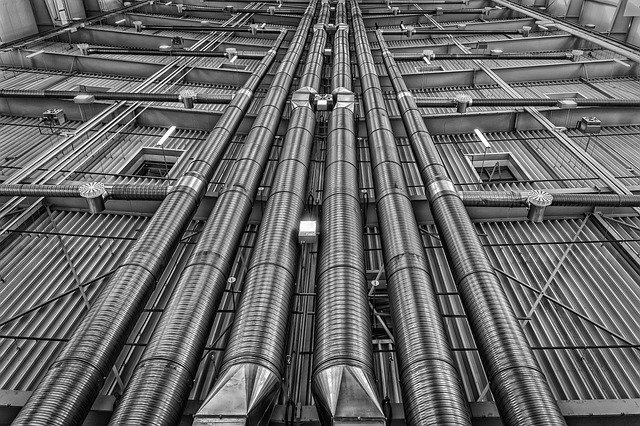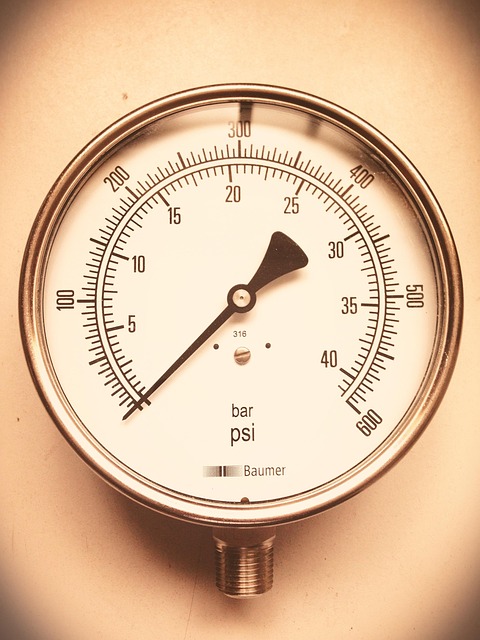An experienced heating engineer assesses your home's heating needs, starting with an analysis of current system age and type (regular or combi boiler). They discuss underfloor heating benefits and drawbacks to identify inefficiencies. Proper insulation is emphasized as a key heat retention measure, preventing warm air loss and reducing energy demand. Modern solutions like underfloor heating and combi boilers offer efficiency improvements. Thermostat settings optimization, along with solar assisted heating systems installed by plumbers, further enhance heating efficiency and cost savings.
Looking to slash your energy bills and reduce your carbon footprint? Improving home heating efficiency is easier than you think. An experienced heating engineer can guide you through simple yet effective steps like assessing your current system, insulating for maximum energy savings, and optimizing thermostat settings. These strategies not only enhance comfort but also make your home more energy-efficient.
- Assess Your Current Heating System
- Insulate for Energy Savings
- Optimize Thermostat Settings and Usage
Assess Your Current Heating System

Before making any changes or investments to improve your home’s heating efficiency, it’s crucial to understand your current setup. An experienced heating engineer can thoroughly assess your system, taking into account factors like age, type (regular boiler vs. combi boiler), and underfloor heating pros and cons. They’ll identify inefficiencies and pinpoint areas where adjustments can be made to save energy and reduce costs.
This initial evaluation is a critical step that guides subsequent decisions on upgrades or replacements. Whether you’re considering emergency plumber Bromsgrove services for repairs or exploring new options, this assessment ensures any changes align with your specific needs and contribute to an optimized heating system.
Insulate for Energy Savings

Insulating your home is a powerful way to boost energy efficiency, especially when it comes to heating. An experienced heating engineer will tell you that proper insulation acts as a barrier, preventing heat loss from your property. By reducing the amount of warm air that escapes, you require less energy to maintain a comfortable temperature, leading to significant savings on your bills. This is particularly important in older homes or those with inadequate insulation, where up to a third of the heat can be lost through walls and roofs.
Consider underfloor heating, a modern comfort that offers both even warmth and energy efficiency. While it may have its pros and cons compared to traditional systems like solar assisted heating or regular boilers, many homeowners find it worth the investment. Alternatively, switching to a combi boiler can also enhance overall system performance, providing hot water on demand while improving space heating efficiency. These strategies not only create a cozy atmosphere but also contribute to a more sustainable and cost-effective home environment.
Optimize Thermostat Settings and Usage

Optimizing thermostat settings is a key step towards improving your home’s heating efficiency, recommended by an experienced heating engineer. During winter, set your thermostat to a consistent temperature between 20°C and 21°C (68°F to 70°F). Lowering the temperature by just 1°C can save energy without compromising comfort. Additionally, consider using smart thermostats that learn your habits and automatically adjust settings for energy savings.
Utilizing solar assisted heating systems alongside these adjustments can further enhance efficiency, as an experienced heating engineer might suggest. These systems capture solar energy to preheat water or heat spaces, reducing reliance on traditional heating sources. For instance, a plumber in Bromsgrove could assist with installing such systems, providing energy-efficient heating solutions for homes and contributing to long-term cost savings.
Upgrading your home’s heating efficiency is a rewarding process that not only cuts down on energy bills but also contributes to a more sustainable living environment. By assessing your current system, insulating for better retention, and optimizing thermostat settings, you empower yourself with the knowledge to make informed decisions. An experienced heating engineer would recommend these strategies as fundamental steps towards achieving optimal indoor comfort while minimizing environmental impact. Start implementing these changes today to witness significant improvements in both your home’s warmth and energy conservation.
